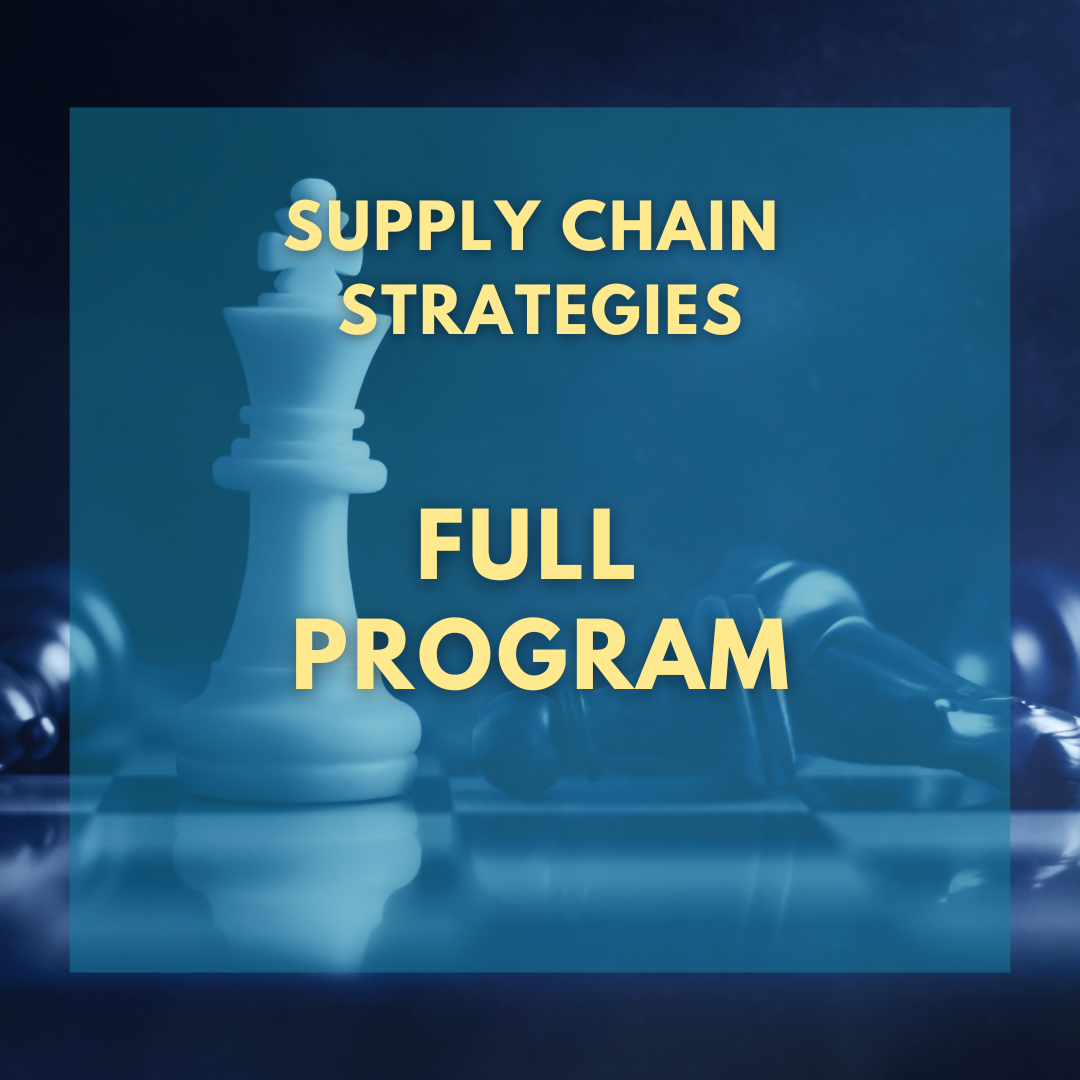The Logistics Institute
Supply Chain Strategies
Supply Chain Strategies
**Program fee does not include the Qualifier module.
This self-directed online program looks at Supply Chain and Logistics as complex networks and a business eco-system that has evolved to reflect the increased complexity of world trade – highly competitive, super connected and changing fast, amidst a volatile global environment.
Program focus starts with the factors that contribute to a company’s competitive advantage in the market. It helps you understand Supply Chain Logistics as the business enabler, revenue driver and competitive differentiator. The aim is to help you think strategically about market differentiation, the demand for operational efficiencies and global competitiveness.
Next, with the emerging “brave new world” of Big Data, you'll understand how value is based on knowledge exchange along complex highly interconnected global webs. The shift is immediate and far reaching: from transactions as the primary business goal to creating knowledge-sharing networks as the primary business goal. The challenge is to develop contextual intelligence shared across Supply Chain Logistics Ecosystems, as a strategic decision model, and competitive advantage is the ability to navigate complexity, uncertainty and ambiguity.
Applying your own experiences to the learning, you will build a Supply Chain Strategies portfolio using the workbooks provided.
Couldn't load pickup availability

Registration FAQs
PLEASE NOTE: confirmation emails and course access emails may filter into your junk and spam filters. Please ensure you check these regularly and add loginstitute.ca to your safe senders list.
By completing the purchase process, you agree to all terms, conditions, and policies set out here.
Your course access may take up to 1 business day to activate. Please ensure you are checking your junk and spam folders in this time, as your email client may identify them as junk.
Please take note of any office closures as this will extend the timeline for your access.
If your program, course or module is eligible for an income tax receipt, please allow up to 5 business days for the receipt.
Thank you!
